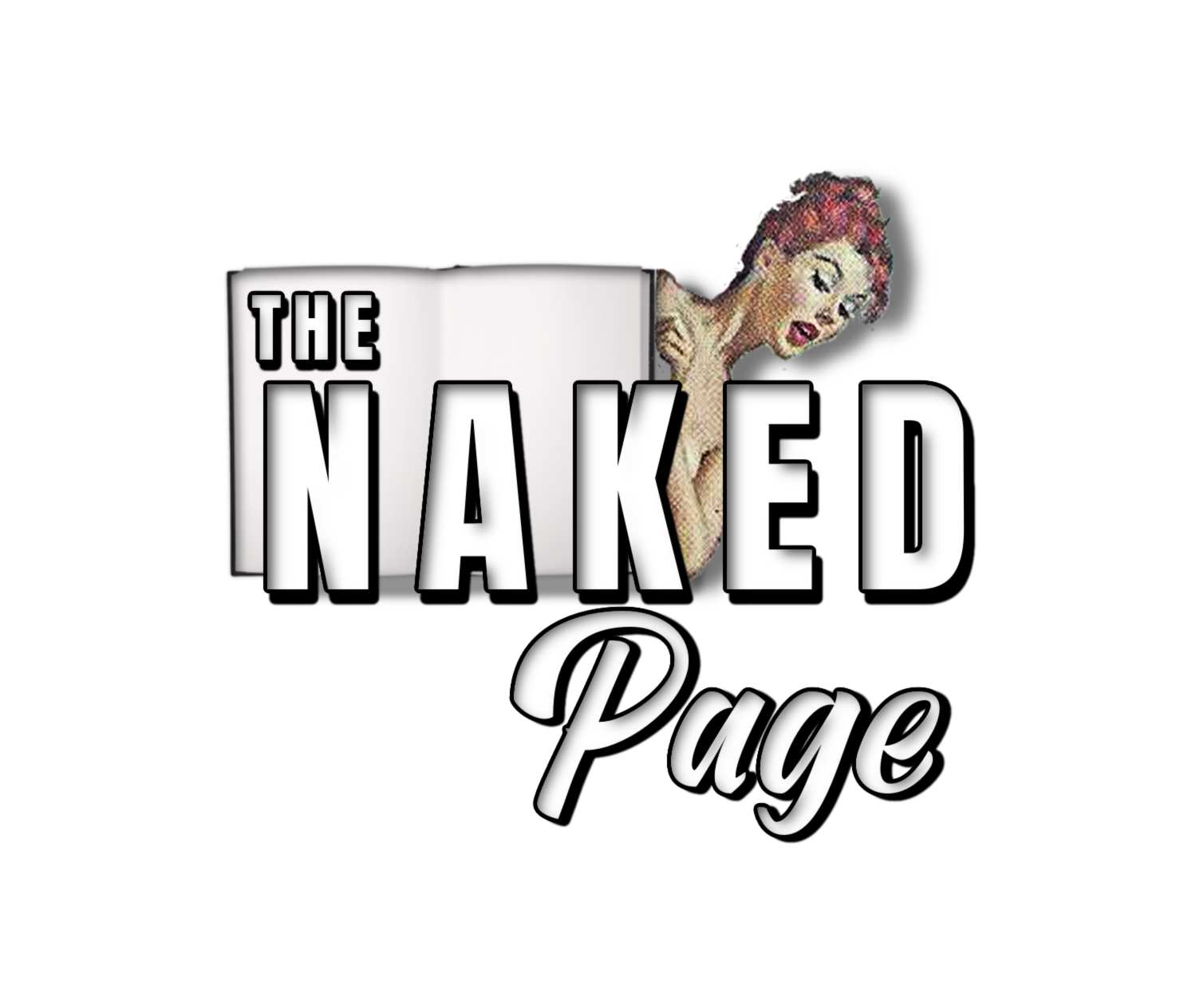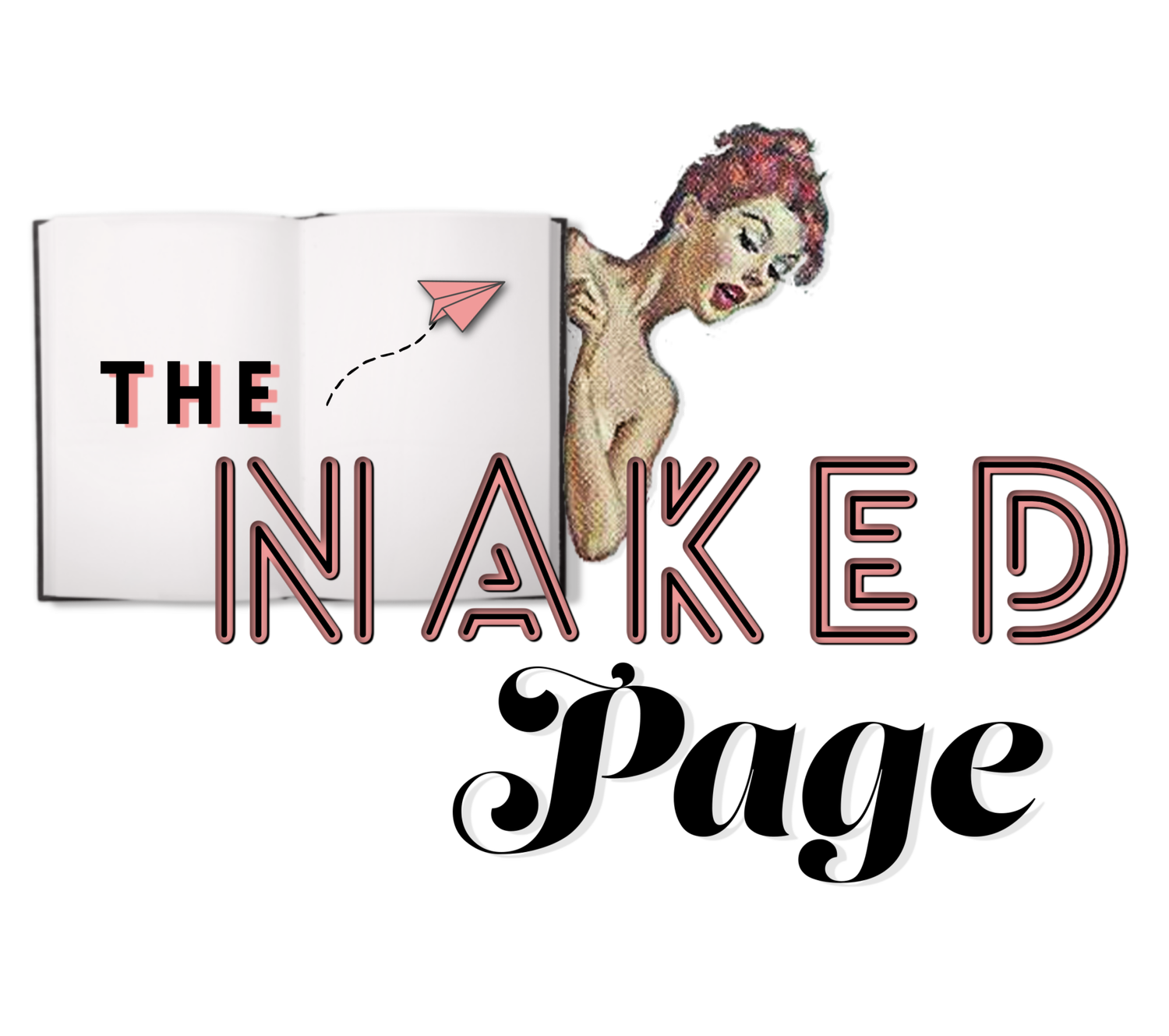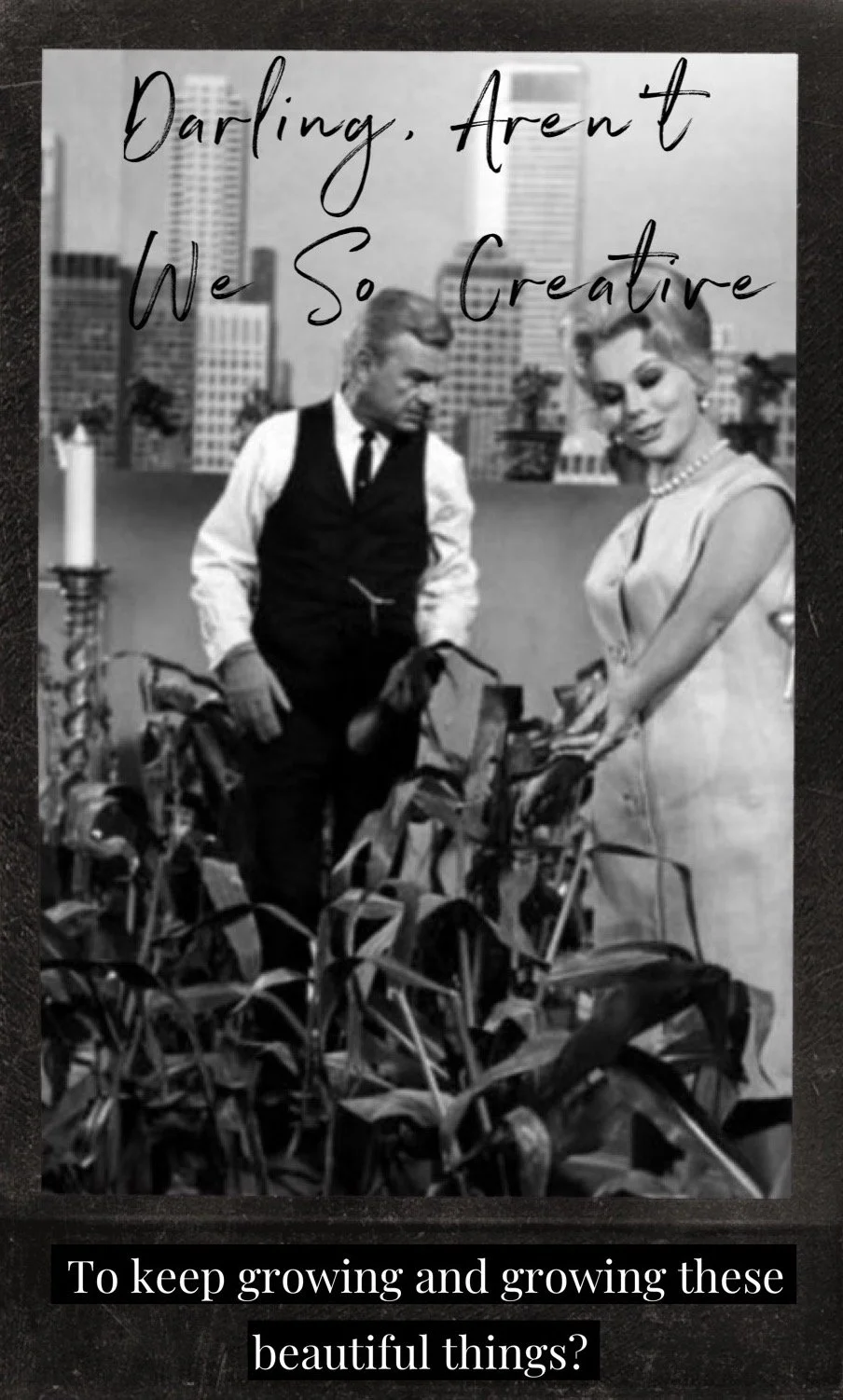Before You Join the Cult of the Word Count
Truth: You will never, ever, ever, ever, ever, ever, ever, never, ever encounter a fan of your writing who’s jazzed by the number of words you wrote. NOT EVER!
Boxing Announcer in ring holding microphone: “Weighing in at just over 500,000 words is last year’s New York Times bestseller. Will he be toppled by the latest and greatest 750,000-word heavyweight champion?”
Nope. That’s not a thing.
So, why are you still stuck on reaching word counts in 2019?
Yes, I know it feels good to reach big writing goals. And yes, I know that setting a target gives you something to focus on to make your writing consistent.
But arbitrarily assigning word counts isn’t the best way to measure your writing progress. It doesn’t translate into good storytelling. And it can lead to a big mess you’ll have to cleanup when you start the editing process.
I’m speaking from experience here.
My first memoir clocked in at something like 220,000 words. I was sooooooooooooo over the moon that I could produce that much content. But honestly, writing words was never my struggle. I could crank out college English papers in my sleep. My southerness taught me there is always room for more words. But that doesn’t work so well when economy of words is crucial in the publishing industry. When I did some research and discovered most published memoirs are around 80,000 words, it became clear I was in deep do-do.
Revising felt like starting at the beginning again.
“If I Had More Time, I Would Have Written a Shorter Letter”
— Blaise Pascal
"If I Had More Time, I Would Have Written a Shorter Letter," said Blaise Pascal back in the 17th century. Wow! Even before our modern publishing industry emerged this guy knew he’d have to edit.
Now, I know there are writers who will read this, nod their head, but keep at their word count goals. It’s hard not to play along because the just write credo has so embedded itself into our writing culture. Writers live by this phrase! So much so, that when I log into almost any of my writing groups, I feel like I’m listening the winning Lotto numbers:
“I finally hit 500 words today!”
“3,752 words just this week. Woo Hoo!”
“I’m not sleeping or eating in order to win NaNoWriMo, I need to write 1,667 words a day, every day. But I can do this! I can do this!”
That last one isn’t even hyperbole. I read it this last November.
Why, people? Why? You’ve been conned into believing there’s no way out of the Cult of the Word Count.
But there is a way out—by not joining this madness in the first place.
In case you’re still not convinced, let me give you some reasons why adhering to the Cult of the Word Count isn’t the most productive use of your time as a writer:
1. It makes numbers more valuable than words
As a writer didn’t you get into this art form for your love of words? Mostly because those words get shaped into stories? Based on what I’m seeing with all these numbers, some of you bibliophiles might do better becoming accountants. Leave the numbers to the mathematicians. Let’s get the focus squarely back on storytelling.
2. It doesn’t consider your readers
When you write this way, you’re reaching goals only for yourself. That can be a great way to get started. But the minute you put your writing out for public consumption, it’s not just about you anymore. Writing + reading = conversation. Your goal is to relay your most impactful stories to an ideal reader. Don’t forget your audience.
3. It convinces you that free-writing is the most important part of the writing process
I can’t tell you how many people—even some in publishing—assume I’m a proofreader when I tell them I’m an editor. How did editing get seen only for grammar correction? We have film editors and photo editors who shape entire stories, not blot out mistakes. I think this notion of editing as proofreading came from our obsessive focus on free-writing. Our collective literary mentality thinks the writing process goes like this: brain dump, proofreading… annnnnd completed book! Done.
I hate to break it to you, but editing is one of the biggest chunks of your writing process. It’s even more creative than your time brainstorming or cranking out thousands of words. And you don’t even have to hate it! Stop spending all your time producing word counts, you’ve got a heck of a lot more work to do.
4. It doesn’t teach you how to shape a story around a main idea
“Why does it need to be relevant?” asked a writer in one of my online groups. She was responding to a guy who complained about NaNoWriMo. He said it wasn’t for him. The process had led him to write lots of material that wasn’t relevant to his central message. From there, person after person chimed in to tell him why it’s just fine and dandy to write lots of irrelevant material in order to win NaNoWriMo. But nobody was listening to the original poster’s concern—the desire to make his content relevant as a fully formed story. THAT was his goal. Not word counts. His gut was telling him finding a central message was an essential part of the writing process. And he was right. His story needed a shape.
5. It gives you no real plot direction
I do think NaNoWriMo has its merits. Learning to let words flow out of you is important. Not stopping to correct mistakes constantly is vital. But at some point, we outgrow this initial phase and need to direct the actions of our characters towards something—other than more words. Have you ever read a story that opens with endless exposition, but nothing ever happens? Your attention fades quickly. We need action and conflict to keep us enthralled. Tension can only be amped up if the focus is on the plot direction, not on producing a high volume of words.
6. It fails to acknowledge that published works require limitations—and so does creativity
The idea that creativity is this boundless entity that gets to bounce all over the place and do whatever it likes sounds more like raising a spoiled brat than birthing a great story. (I know because I’m the proud owner of a toddler. I even have the brand-new model!) Creative expression of any kind is best contained by making it useful. That’s why most publishers want meaningful content that has a form. So, they can get your important work into the hands of people who’ll enjoy it. If most people are buying 80,000-word memoirs, 220,000 will end up as a doorstop in the clearance section of a bookstore—actually it won’t even get published at all.
7. It makes the editing process long & painful
I did a survey of writers asking how they felt about the editing process. About 90% felt that it was a miserable, yet unavoidable process. “Hell” was a word used often. I built my entire business around editing not because I’m a sadist, but because I learned editing is an extension of creativity where meaning takes form. If you’ve got an unwieldy number of words on a page, you are looking at an excruciating task of revision. At some point, you’ve got to make meaning out of your words. You can choose to do that in your free-writing. Or you can wait and get overwhelmed trying to do that during revision and editing.
8. It doesn’t teach you how to make decisions about your writing
Editing is really creative decision-making. It’s the most exciting step. What’s the big message for your readers? How do you want to convey that message? If you’re filling up the page with lots of materials but aren’t learning to make choices about it, you aren’t moving forward in your craft. You’re giving yourself lots of time to warmup, but you’re never in the game.
9. It makes writing feel like a chore
Writing for me is a lifelong dream. Every moment of my life I think about how to capture my experiences in words, so I can reach others. It’s not an easy task, but my brain so desperately wants to do it, I can’t stop myself. Word count goals feel like one more chore to me. Like saying, “let me hurry up and write and then I can move on with my life.” I want to revel in story, not just fill up pages with words. Meaning matters.
If you’re struggling to write, maybe you don’t need to join the Cult of the Word Count. Maybe you’re searching for the momentum you can only get from creating meaning.
For those of you tired of word counts and endless journaling, I’ll be coming out with a workbook that’ll help you reconsider your writing goals. Burn Your Journal is due in February. It’s a guide on how to build a regular writing practice without journaling. It’ll teach you how to be consistently ready for your words, so you can build raw material for your stories. And you’ll never have to wake up at 5 am and write three pages in longhand. Promise.
But what can you do in the meantime to get focused on storytelling instead of word count goals?
Try to apply these to your writing life right now before you add a smidge more content:
1. Identify topics that excite you
What topics keep coming up for you? What makes you so passionate you can’t stop talking about it? Name a taboo topic that really gets you going even if you’d never let anyone read what you’ve written on the subject (hint: this is exactly what you should be writing about).
2. Consider how you make meaning in life
How do you process meaning in your life? Is it by finding true love? Do you value animals and the environment more than relationships with people? Are you politically driven? Spiritually motivated? Do you have a need to work for change through social justice arenas? Or do you think more like an entrepreneur who’s determined to create your own business? There’s no judgement here. If you find something valuable chances are there’s an audience who also finds value in that same thing.
3. Decide who you want to reach with your writing
Unless you plan to create therapeutic writing for yourself (this is not what I teach at the Naked Page, but over at the Narrative Nest), you should plan on reaching an audience. Who would be most likely to read your writing? How would you define this person’s gender, family situation, age, socio-economic status, occupation, passions and interests? How can you get to know this reader better?
4. What kind of stories do you love most?
You might not write in the same genre as the books you love to read or the movies you love to watch, but the kinds of stories you enjoy can give you clues to your own writing. Even if you plan to create serious dramatic material about your family in a memoir, but you have a love for comedy, maybe you could use humor to connect an audience to the difficult moments. In love with romance? Maybe the stories of your family history will be best connected through each generation of love stories.
5. Don’t underestimate style and tone in your writing
You don’t hear much about style and tone when you first start writing. Probably because we consider these things to fall under a writer’s voice. There’s a misguided notion that you won’t get your writer’s voice until you’ve written lots and lots of meaningless stuff. But why wait? What if you come to writing later in life? Might you already have a strong style you could apply to your writing? Do people know you as a talker or more of a thinker? Are you a smartass, a jokester, or do you always speak in truth?
Break free from the Cult of the Word Count today. Don’t wait until you have so many words on your page and no idea how you’ll edit before you invest time into learning story structure.
What do you need to know about the writing process to move beyond your writing roadblocks?


